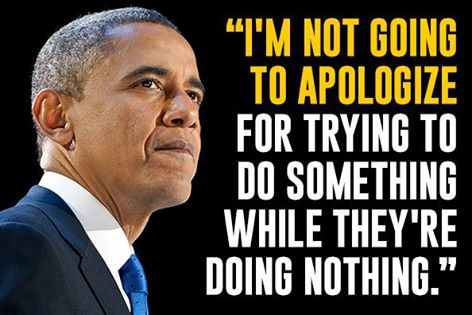The presidents of Liberia and Sierra Leone plan to skip PresidentBarack Obama’s U.S.-Africa Leaders Summit next week to deal with the deadly Ebola virus in their countries.
The schedule for three days of meetings planned in Washington hasn’t been altered by an outbreak that has killed 729 people, mostly in Guinea, where it was first reported, as well as in Liberia and Sierra Leone.
Discussions on how to provide support in response to the Ebola crisis will be held during the conference with staff from the U.S. Centers for Disease Control and Prevention and the Department of Health and Human Services, said Linda Thomas-Greenfield, U.S. assistant secretary of state for African affairs. Ebola is a hemorrhagic fever and has no known cure.
“We tried to think of all the things that might happen that might interfere with a successful conference,” Thomas-Greenfield said yesterday in an appearance before the Atlantic Council, a Washington policy group. “We didn’t come up with Ebola.”
The U.S.-Africa conference will bring heads of state, chief executive officers, lawmakers and top Obama administration officials together in Washington to discuss investment, regional stability and U.S. ties to the region, Thomas-Greenfield said.
Travel Warning
The CDC yesterday warned against non-essential travel to West Africa, and the World Health Organization is intensifying efforts to stem Ebola’s spread.
The website for the office of Sierra Leone President Ernest Bai Koroma reported the cancellation of his trip to Washington. The medical aid group Medicins Sans Frontieres says the West African nation has become the epicenter of the worst outbreak of the disease on record.
Liberian President Ellen Johnson-Sirleaf, along with dropping her plans to attend the Washington event, has closed schools and markets, and quarantined some areas to contain the epidemic. Travel for government officials will be restricted to the vice president and ministers attending the Africa summit, she said in a speech.
The president of Guinea is still debating whether to attend the Washington conference, according to a State Department official who wasn’t authorized to comment publicly. The three countries will be represented by high-level delegations in any case, the official said.
‘Increased Resources’
The World Health Organization and the West Africa nations hit hardest by deadly Ebola will pump $100 million into programs against the disease that will deploy several hundred more health workers.
The outbreak “requires WHO and Guinea, Liberia and Sierra Leone to take the response to a new level,” Margaret Chan, WHO’s director-general, said in a statement. It requires “increased resources, in-country medical expertise, regional preparedness and coordination.”
The CDC also promised increased aid. The agency plans to add 50 more health workers to its present staff in West Africa, Director Tom Frieden said yesterday. Stemming the tide of the outbreak could take three to six months, he said.
Africa’s economic growth rates and its burgeoning middle class hold appeal for U.S. companies. The World Bank projects a 5.2 percent growth rate for sub-Saharan Africa this year, driven by rising investment in natural resources and infrastructure, and strong household spending.
Spurring Investment
Thomas-Greenfield said the Washington conference is meant to lead to increased American investment.
“Hopefully we’re going see deals signed, and the more deals we see signed the more countries will understand what is required to get a deal,” Thomas-Greenfield said.
The event is scheduled to begin on Aug. 4 and culminate in meetings led by Obama on Aug. 6.
The first day’s events will focus in part on the American Growth and Opportunity Act, which provides some African countries with trade preferences and duty-free entry for their goods.
A daylong U.S.-Africa Business Forum on Aug. 5, hosted by Bloomberg Philanthropies and the Commerce Department, will give business and national leaders an opportunity to discuss investment and the continent’s economy. Bloomberg Philanthropies is led by Michael Bloomberg, the founder and majority owner of Bloomberg LP, the parent of Bloomberg News.
Groups such as Human Rights Watch have said the three-day program isn’t focused enough on human-rights issues and criticized invitations to leaders who are seen as dictators.
Grant Harris, special assistant to Obama and senior director for African affairs, said the administration has invited all African leaders who are in good standing with the African Union and with the U.S.
“Our philosophy is to engage and even where we profoundly disagree on an issue, to make our views known and to be advancing U.S. interest in that manner,” Harris said on a conference call with reporters.



